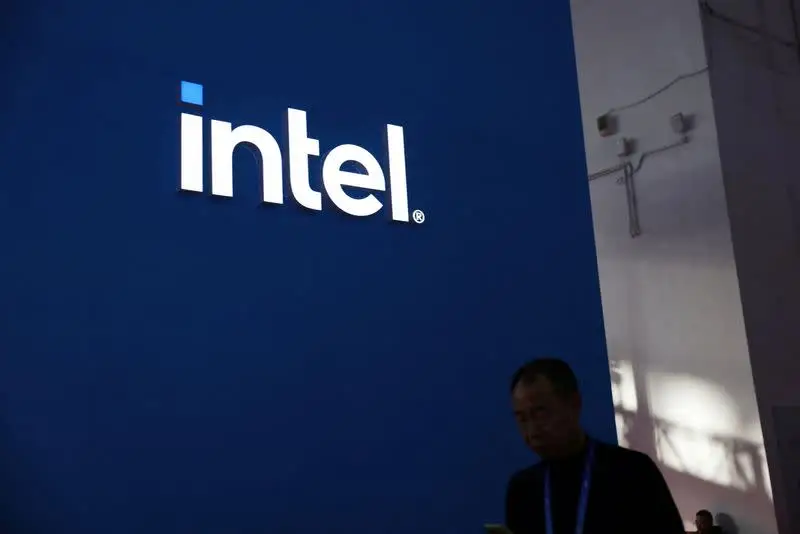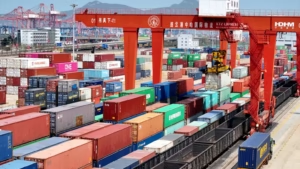Now Reading: Apple Accelerates Shift of iPhone Production from China to India for U.S. Market
-
01
Apple Accelerates Shift of iPhone Production from China to India for U.S. Market

Apple Accelerates Shift of iPhone Production from China to India for U.S. Market
Tech giant Apple Inc. is rapidly scaling up iPhone production in India with the aim of manufacturing the majority of iPhones sold in the U.S. within the next two years, a source familiar with the matter revealed.
The company plans to transition a significant portion of its supply chain away from China by the end of 2026, in anticipation of potentially higher U.S. tariffs on Chinese-made products. Apple has entered urgent talks with its key manufacturing partners, Foxconn and Tata, to fast-track this strategic shift.
“The goal is to have India manufacture most iPhones for the U.S. market by 2026,” the source said, requesting anonymity due to the confidential nature of the planning.
Apple currently sells over 60 million iPhones annually in the U.S., with around 80% made in China. Shifting this production is part of a broader supply chain diversification strategy aimed at minimizing risks related to geopolitics and trade policy.
India Emerges as a Key Manufacturing Hub for Apple
Despite 5–10% higher production costs in India compared to China, Apple has increased output to reduce dependency on Chinese factories. India has become a focal point for Apple’s global manufacturing strategy, supported by Indian Prime Minister Narendra Modi’s “Make in India” initiative.
In March, Apple exported 600 tons of iPhones worth $2 billion from India to the U.S., setting a record for production. Of that, Foxconn alone was responsible for shipping $1.3 billion worth of smartphones, according to Reuters.
Apple’s growing footprint in India includes three operational factories run by Foxconn and Tata, with two additional plants under construction. The company sees India as critical in managing global demand while navigating complex tariff structures.
Tariffs, Trade War, and Strategic Realignment
The U.S. has recently imposed tariffs as high as 100% on Chinese imports, while India currently faces a lower 26% duty. Although many tariffs have been temporarily paused, China remains under strict trade penalties, motivating Apple’s move.
The transition also reflects ongoing U.S.-China trade tensions, which escalated under President Trump but may see some easing. However, the lingering uncertainty continues to push tech companies like Apple toward alternative manufacturing hubs.



























